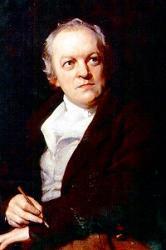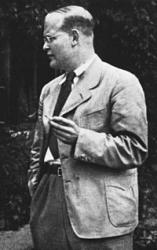
1079 - 1142 Person Name: Peter Abelard (1079-1142) Scripture: Lamentations 1:1-6 Author of "Alone Thou Goest Forth, O Lord" in Common Praise (1998) Abelard, Peter, born at Pailais, in Brittany, 1079. Designed for the military profession, he followed those of philosophy and theology. His life was one of strange chances and changes, brought about mainly through his love for Heloise, the niece of one Fulbert, a Canon of the Cathedral of Paris, and by his rationalistic views. Although a priest, he married Heloise privately. He was condemned for heresy by the Council of Soissons, 1121, and again by that of Sens, 1140; died at St. Marcel, near Chalons-sur-Saône, April 21, 1142. For a long time, although his poetry had been referred to both by himself and by Heloise, little of any moment was known except the Advent hymn, Mittit ad Virginem, (q.v.). In 1838 Greith published in his Spicihgium Vaticanum, pp. 123-131, six poems which had been discovered in the Vatican. Later on, ninety-seven hymns were found in the Royal Library at Brussels, and pub. in the complete edition of Abelard's works, by Cousin, Petri Abelardi Opp., Paris, 1849. In that work is one of his best-known hymns, Tuba Domini, Paule, maxima (q.v.). Trench in his Sacra Latina Poetry, 1864, gives his Ornarunt terram germina (one of a series of poems on the successive days' work of the Creation), from Du Meril's Poesies Popul. Lat. du Moyen Age, 1847, p. 444.
-John Julian, Dictionary of Hymnology (1907)
Peter Abelard


 My Starred Hymns
My Starred Hymns








